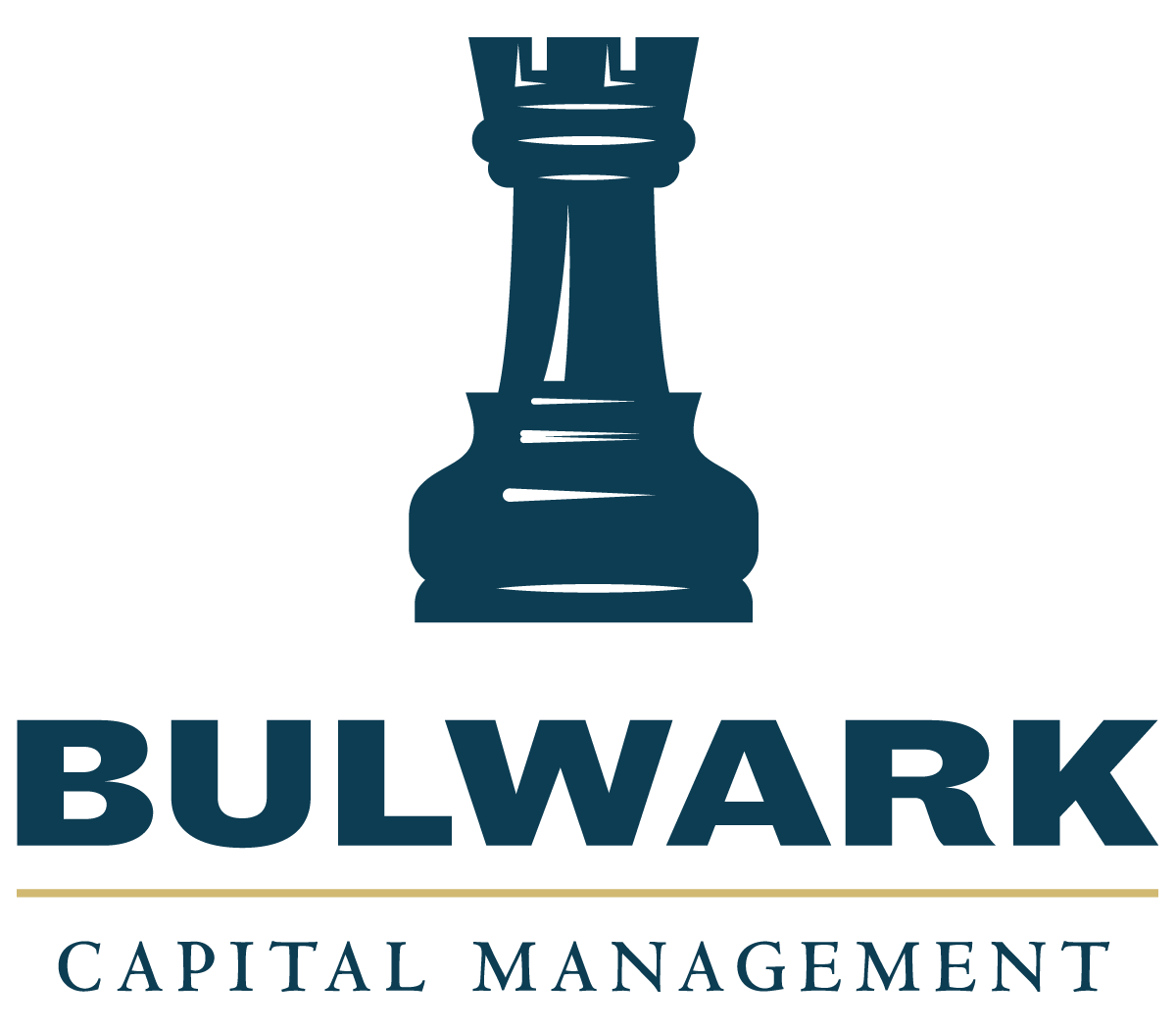
Don’t wait until it’s too late. Some important deadlines loom on December 31, 2024, and many other things should be reviewed, so be sure to meet with your financial advisor as soon as possible.
As the year wraps up, it is important to meet with your financial advisor to make sure you meet all IRS year-end requirements and take steps to plan ahead for 2025. The end of the year is a busy time for everyone and critical due dates are fast approaching. It’s crucial to stay on top of your financial deadlines to avoid last-minute issues!
- RMDs (Required Minimum Distributions) Due In Retirement1
Required minimum distributions (RMDs) must be withdrawn from traditional retirement accounts like 401(k)s and IRAs by December 31 each year beginning at age 73. There is no grace period to April 15 tax day; RMDs must be taken by December 31.
Failure to adequately withdraw funds could result in a 25% excise tax in addition to taxes owed, and there are many rules to follow about amounts due as well as which accounts require withdrawals or can be aggregated for one withdrawal. This is why it’s recommended that you work with your tax and financial professionals to do the calculations and implement the withdrawals on your behalf.
- Calculate RMDs (Required Minimum Distributions) Before Retirement
Even if you are not 73 or older, at least five to 10 years before you plan to retire you should start working with your financial advisor to calculate your future RMDs in case there are strategies you can implement now that can help you lower your overall tax burden in the future.
Remember, all the money you have socked away in traditional 401(k)s, IRAs, and similar qualified retirement accounts will require annual withdrawals, and ordinary income taxes will be due on the amounts withdrawn.
According to the Social Security Administration,2 around 40% of Americans must pay federal income taxes on their Social Security benefits—up to 85%—because they have substantial income, like the income created by required minimum distributions.
- RMDs (Required Minimum Distributions) Due On Inherited Accounts3
This July, the IRS finally issued clarifications about the SECURE Act 1.0 changes on the rules for non-spousal inherited traditional IRAs (individual retirement accounts), stating that enforcement will begin in 2025 on accounts inherited after 2019.
The clarifications are as follows:
a.) If the original retirement account owner had started taking RMDs before passing away, non-spousal beneficiaries must continue taking annual RMDs based on the owner’s schedule and deplete and close the account completely by the end of year 10.
(According to the IRS, if you chose not to take a RMD while waiting for this clarification to come out, you won’t be subject to the typical 25% penalty on the amount you should have withdrawn based on the original account owner’s schedule. But when the rules go into effect next year, the 10-year clock will still begin the year you inherited the account.)
b.) If the original IRA account owner hadn’t taken any RMDs before passing away, annual RMDs are optional, but the account must be emptied by the end of the 10th year of inheritance.
- Inherited 401(k) Accounts4
Inherited traditional 401(k) accounts must also be closed and taxes paid within 10 years of inheritance. But keep in mind that each company’s retirement plan has its own set of rules which will also have to be followed; for instance, some companies will allow you to keep the account in their plan during the 10 years and others won’t.
- Inherited Roth Accounts
Roth accounts are created and contributed to with already-taxed money; therefore, taxes are not due as long as all rules are followed, but inherited Roth IRA and Roth 401(k) accounts must also be emptied and closed within 10 years of inheritance. Non-spousal inherited Roth 401(k) accounts do require RMDs.4
- Roth Conversions5
As part of your retirement plan, your tax and financial advisor may recommend that you do a series of Roth conversions—converting taxable accounts to tax-free Roth accounts—in order to mitigate taxes for the long-term.
If you decide to do these, ordinary income taxes will be due on the amounts converted, and Roth conversions they must be completed by December 31. These cannot be undone, so they must be undertaken very carefully following all IRS rules.
- Charitable Contributions6
Tax-deductible charitable contributions must be completed by December 31, and the fair market value (FMV) of non-cash items must be determined.7
- FSA (Flexible Spending Accounts), Spend It Or Lose It8
Flexible savings accounts (FSAs) through your employer allow you to have pre-tax funds deducted from your paycheck to spend on allowable expenses like healthcare and child care. Most FSAs don’t allow you to roll your excess funds into the next year. Some ideas to avoid losing funds left in your FSA include booking general wellness appointments like visits to the eye doctor, annual physicals and dental cleanings.
(If you are able to procure a high-deductible health insurance plan, you may be able to contribute pre-tax funds to an HSA (health savings account) which will not have to be emptied, but may be used for allowable healthcare expenses in retirement. Be sure to ask your financial advisor about this possibility.)
- Other Things to Review
It’s very important to review your named beneficiaries on retirement accounts, insurance policies, and your estate plan. Births, deaths, divorces, and marriages can change your family through the years, and it’s important to keep everything up to date.
You should also review your expected tax liability for 2025, your FSA/HSA contribution amounts for 2025, your paycheck withholding amount if you are still working, your monthly budget, and your investment portfolio.
As you get older, it’s important to start lowering your market risk in order to protect the assets you have accumulated. It’s important to know that diversifying with different asset classes can help protect your overall portfolio, especially important during times of increased market volatility and as you get closer to retirement.
We’re here to help you with year-end planning as well as meeting IRS deadlines in conjunction with your tax professional. Call us as soon as possible if we haven’t spoken already! You can reach Bulwark Capital Management at 253.509.0395.
Sources:
- https://www.schwab.com/learn/story/rmd-reference-guide
- https://www-origin.ssa.gov/benefits/retirement/planner/taxes.html
- https://www.usatoday.com/story/money/personalfinance/2024/09/04/inherited-ira-new-irs-tax-rules/75063675007/
- https://www.fidelity.com/learning-center/smart-money/inherited-401k-rules
- https://www.schwab.com/learn/story/why-consider-roth-ira-conversion-and-how-to-do-it
- https://www.irs.gov/credits-deductions/individuals/deducting-charitable-contributions-at-a-glance
- https://www.irs.gov/pub/irs-pdf/p561.pdf
- https://www.goodrx.com/insurance/fsa-hsa/hsa-fsa-roll-over







 253.799.6416
253.799.6416 invest@bulwarkcapitalmgmt.com
invest@bulwarkcapitalmgmt.com